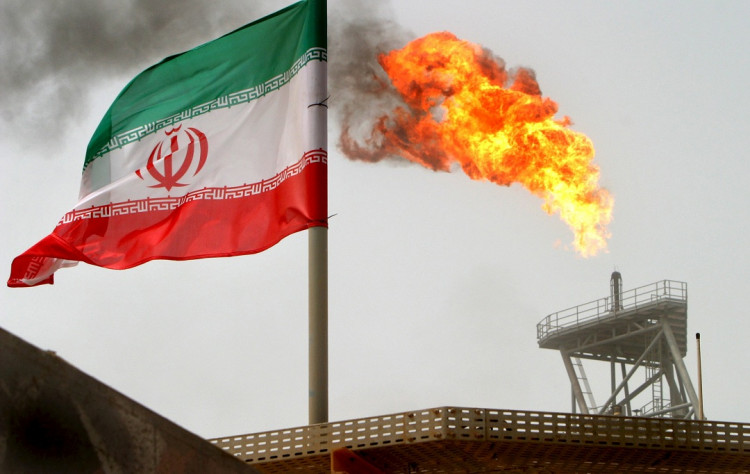On November 3, The Hill reported that the U.S. House of Representatives passed a bill with a vote of 342 to 69 aimed at imposing penalties on entities involved in the Iranian oil trade.
In early October, amidst the outbreak of the latest Israel-Palestine conflict, although Iran denied involvement, former House Speaker Kevin McCarthy still suggested that the U.S. should impose stricter sanctions on Iranian oil.
The release of $6 billion in Iranian oil funds became a focal point following the flare-up of the Israel-Palestine conflict. In mid-October, the U.S. discussed with Qatar the postponement of releasing the Iranian oil funds, but Iranian state media denied this, claiming that foreign exchange funds were flowing normally.
As the U.S. seeks to expand sanctions on Iranian oil, Iranian authorities have repeatedly stated that Islamic countries should cease exporting oil and food to Israel:
On Nov. 1, Iran's Supreme Leader Ayatollah Ali Khamenei called for an immediate halt to Israeli attacks on the Gaza Strip and urged Islamic nations to stop economic cooperation with Israel and halt oil and food exports to the country. On Oct. 18, Iran's Foreign Ministry released a statement saying that Foreign Minister Hossein Amir-Abdollahian, during a meeting in Jeddah with the Secretary-General of the Organization of Islamic Cooperation, Hussein Ibrahim Taha, called for an "immediate and comprehensive boycott of Israel" by Islamic countries, including expelling Israeli ambassadors and imposing an oil embargo on Israel.
A media survey at the beginning of October showed that OPEC's oil production increased for the second consecutive month in September, with the largest increases in Nigeria and Iran. Surveys at the beginning of November indicated that OPEC's crude oil production in October rose by 180,000 barrels per day from September, marking the third consecutive month of increases, with the largest gains in Nigeria, Angola, Iran, and Iraq. Iran's output in October rose to 3.17 million barrels per day, the highest since 2018, which was also the year the U.S. re-imposed sanctions on Iran.
Iran's Oil Minister stated at the beginning of November that Iran's daily oil production was 3.4 million barrels. He had earlier predicted that oil prices could reach $100 per barrel based on the new situation in the Middle East.
The crude oil market is closely monitoring changes in the Israel-Palestine situation, particularly whether Iran, the Shia state behind Hamas and Hezbollah, will intervene in the conflict. Analysts say that retaliatory strikes against Iran could raise concerns over the Strait of Hormuz, a crucial shipping lane for Iranian oil, which Iran has previously threatened to close. The U.S. could also potentially strike again at Iran's recovering oil exports.
Despite the U.S. House's passage of a bill aimed at expanding sanctions on Iranian oil, which would be favorable for oil prices, prices still fell on Friday. WTI December crude oil futures closed down $1.95, a 2.36% decrease, at $80.51 per barrel, with a weekly decline of 5.88%. Brent January crude oil closed down $1.96, a 2.26% decrease, at $84.89 per barrel, with a weekly decline of 6.18%.
Since the Israel-Palestine conflict, oil prices have not surged as some market participants feared. However, market veterans believe that such a short-term reaction is normal. For instance, Pierre Andurand, founder of the well-known oil hedge fund Andurand, and a hedge fund trader, indicated that the Israel-Palestine conflict is unlikely to affect oil supply in the short term, but the conflict could eventually impact supply and oil prices.






